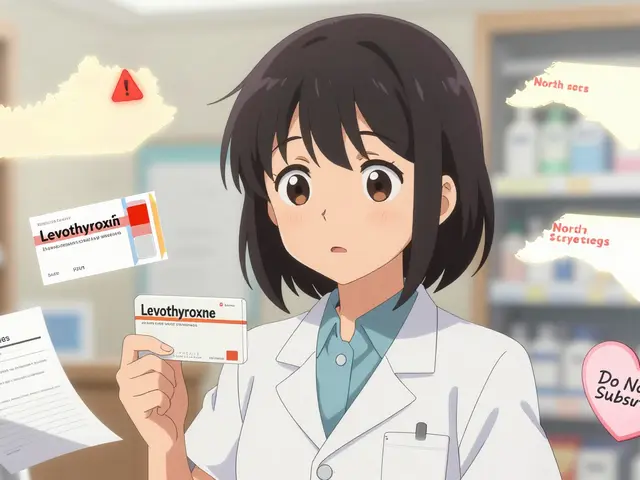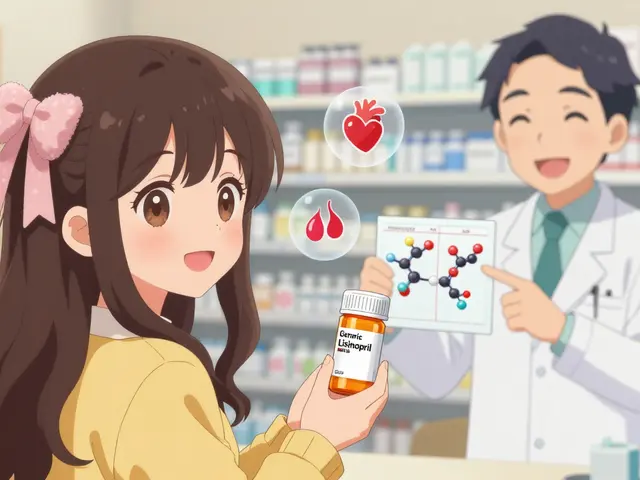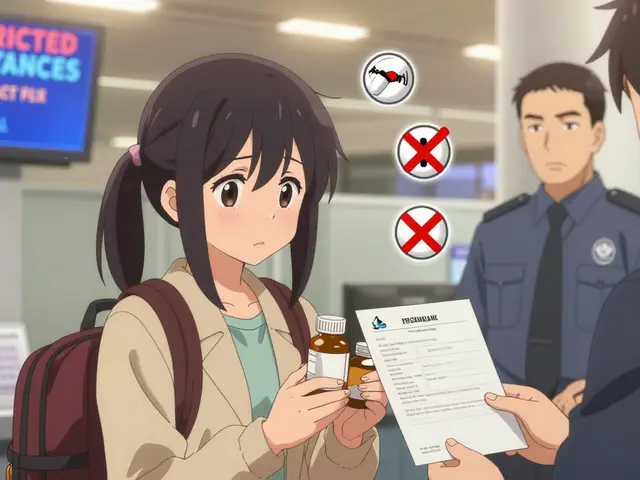Understanding Cholesterol and Its Types
When we hear the term cholesterol, we often associate it with a negative connotation. However, it's important to understand that not all cholesterol is bad. Cholesterol is a waxy, fat-like substance that's found in all cells of our body. It's essential for our body to function correctly as it helps in making hormones, vitamin D, and substances that assist in food digestion.
Cholesterol is of two types: Low-Density Lipoprotein (LDL) and High-Density Lipoprotein (HDL). LDL, often referred to as 'bad' cholesterol, can build up in the arteries and cause them to narrow, leading to heart diseases and stroke. On the other hand, HDL, known as 'good' cholesterol, carries cholesterol from other parts of the body back to the liver. The liver then removes the cholesterol from the body. So, a higher level of HDL cholesterol is a good thing.
The Link Between High Cholesterol and Stroke
High cholesterol, particularly high levels of LDL cholesterol, can lead to the formation of plaque in the blood vessels, a condition known as atherosclerosis. This plaque buildup can narrow the arteries, reducing blood flow to your brain and other vital organs. When a blood clot forms and blocks a narrowed artery, a stroke can occur. Therefore, high cholesterol is a significant risk factor for stroke.
For a long time, it was believed that only high cholesterol levels increase the risk of stroke. But recent studies have shown that extremely low levels of cholesterol might also increase the risk of hemorrhagic stroke, a type of stroke caused by bleeding in the brain. Therefore, maintaining a balanced cholesterol level is crucial for our health.
How to Manage Cholesterol Levels
Managing cholesterol levels doesn't necessarily mean drastically changing your lifestyle. Simple modifications in your diet and daily routine can make a significant difference. Reducing the intake of saturated fats, trans fats, and dietary cholesterol can lower your LDL cholesterol level. Foods like oats, barley, nuts, fruits, and vegetables can increase your HDL cholesterol levels.
Physical activity is another crucial aspect of managing cholesterol levels. Regular exercise can help raise HDL cholesterol and lower LDL cholesterol. Besides, it can also help you maintain a healthy weight, which is essential in controlling cholesterol levels. If lifestyle changes aren't enough, your doctor might recommend medication to help manage your cholesterol.
Regular Check-ups and Early Detection
Regular check-ups are vital for early detection and treatment of high cholesterol. Many people with high cholesterol aren't aware of their condition as it doesn't cause any symptoms. A simple blood test, known as a lipid profile, can measure your cholesterol levels. The Centers for Disease Control and Prevention (CDC) recommends that adults aged 20 or older should have their cholesterol checked every five years.
Early detection and treatment of high cholesterol can lower your risk of stroke. If you have high cholesterol, your doctor will most likely recommend lifestyle changes such as eating a healthy diet, exercising regularly, quitting smoking, and limiting alcohol intake. In some cases, you might also need medication to lower your cholesterol levels.
The Importance of Awareness and Education
Finally, it's essential to spread awareness about the link between cholesterol levels and stroke risk. Most people are unaware of the dangers of high cholesterol and the potential risk of stroke it carries. Education about the importance of maintaining balanced cholesterol levels, regular check-ups, and a healthy lifestyle can help prevent strokes.
Moreover, knowing the signs of a stroke and what to do when it occurs can save lives. Remember, every second count during a stroke. The sooner medical treatment is received, the better the chances of recovery. So, let's take a step towards a healthier life by keeping our cholesterol levels in check and reducing our risk of stroke.





